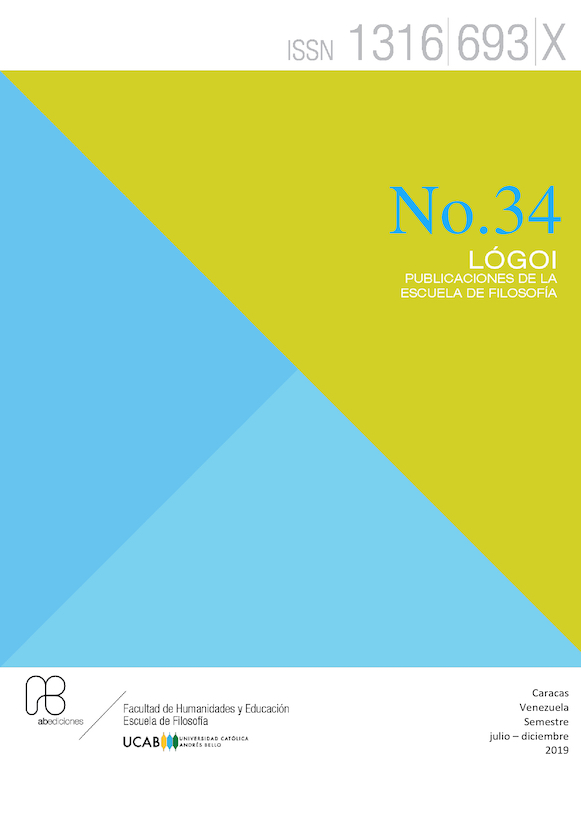Education and Republic in Simón Rodríguez
DOI:
https://doi.org/10.62876/lr.vi34.4099Keywords:
Abstract
Simon Rodriguez argues that to consolidate the republic in the former Spanish colonies in America will be necessary to create social and
political bases; and in accordance with this thesis he proposes that there will be no real basis without a system of instruction that goes
beyond teaching about science, arts and technology. Thus, he affirms that to make a republic requires the formation of republican
mentality and customs in the whole set of the infantile and young population of the new republics. Before the question about how
to achieve it, the whole Simon Rodriguez’ work responds with a plan to find the republic that counts on republican education as
the public instruction system hard core. Thus, together with the reorganization of the economy and the territories, as well as the
elaboration of new constitutions and institutions, the American societies are in the political duty to form republicans so that the old
colonial system gradually becomes blurred. In short, based on the analysis of the texts that make up his writings and on their
interpretation, this work aims to discuss the role of education in the republican model of Simon Rodriguez.
Downloads
References
Cf. Ibid., p. 224.
Cf. Id.
Cf. Simón Rodríguez: Luces y virtudes sociales, p. 76.
Cf. Simón Rodríguez: Sociedades Americanas en 1828, p. 492.
Deshumanizado, el indígena aparecerá en el imaginario de ciertas élites como un gran obstáculo para un proceso civilizatorio en el que las repúblicas hispanoamericanas están obligadas a entrar. Un modelo de civilización representado por los Estados Unidos de América, Francia, e Inglaterra. Por eso el indígena no aparece como el otro, sino como lo otro, como la representación de lo que es imposible civilizar.
Hubert Marraud: Prácticas lingüísticas y prácticas argumentativas (S/P). Señala Marraud: “Recibir razones es algo más que escucharlas, puesto que la crítica de los argumentos es interna e inherente a la práctica de la argumentación. Recibir un argumento puede consistir, entre otras cosas, en analizarlo pormenorizadamente y valorarlo según los criterios propios de la materia de que se trate”, p. 10.
Ibid, p. 492.
Ibid, p.110.
Juan J. Rosales S.: La república de Simón Rodríguez, Anzoátegui, Fondo Editorial del Caribe, 2014.
Simón Rodríguez: Cartas, en Obras Completas, Carlos H. Jorge y Juan Rosales (comp.), Caracas, UNESR, 2016, p. 665. En adelante, toda obra citada de Simón Rodríguez pertenece al conjunto de sus Obras Completas, salvo que se indique lo contrario.
Simón Rodríguez: Defensa de Bolívar, p. 231.
Simón Rodríguez: Defensa de Bolívar, p. 253.
Simón Rodríguez: Extracto sucinto de mi obra sobre la educación republicana, p. 567.
Simón Rodríguez: Luces y virtudes sociales, p. 33.
Simón Rodríguez: Luces y virtudes sociales, UNESR, Caracas, 2010, p. 56. En adelante, toda cita de esta obra de Rodríguez proviene de esta edición.
Simón Rodríguez: Pródromo a Sociedades Americanas en 1828, p. 49.
Simón Rodríguez: Pródromo a Sociedades Americanas en 1828, p. 60.
Simón Rodríguez: Pródromo a Sociedades americanas en 1828, p. 78.
Simón Rodríguez, S., Defensa de Bolívar, p. 224
Simón Rodríguez: Sociedades Americanas en 1828, p. 450.
Simón Rodríguez: Sociedades Americanas en 1828, p. 491.
Published
How to Cite
Issue
Section
License
Copyright (c) 2022 Array

This work is licensed under a Creative Commons Attribution-NonCommercial-ShareAlike 4.0 International License.










.png)











